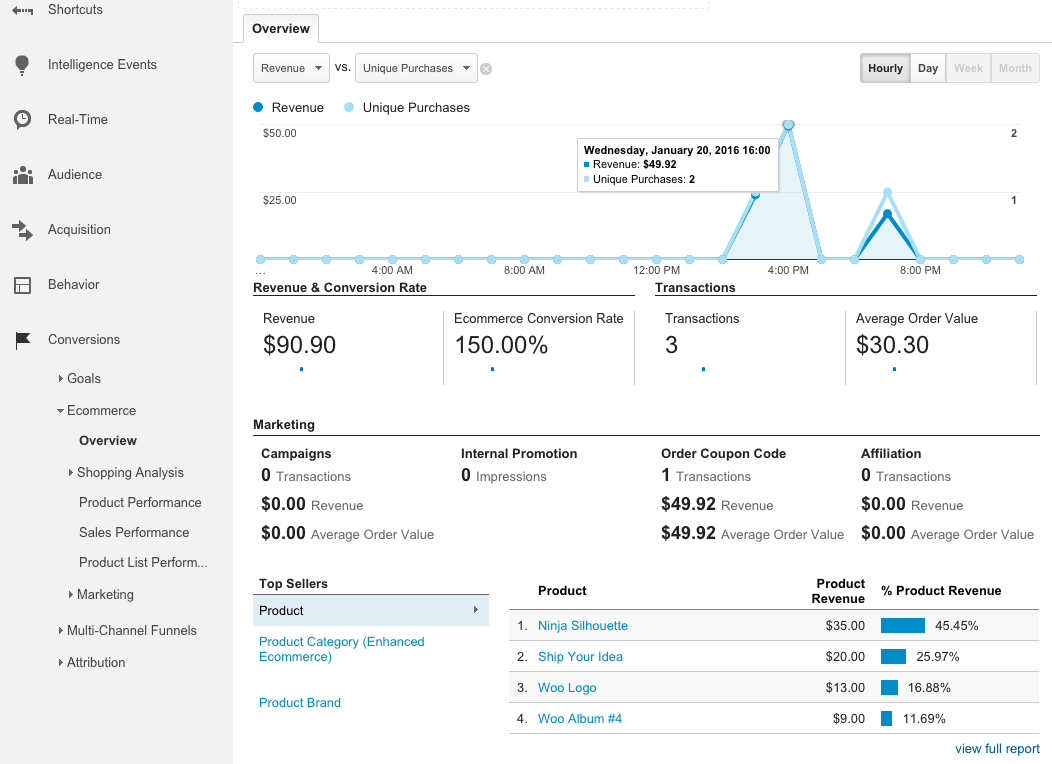The idea of doing anything without logging in, clicking or texting something or someone is almost unthinkable. Everything we do leaves a trail of electronic fingerprints. Companies big and small are using these pieces of data to piece together the puzzle of who we are, and how we interact with the world around us. For marketing professionals, the increased focus on Big Data in recent years represents one of the most fruitful developments in business.
Software That Analyzes Data is More Cost-Effective
SME’s have to worry about their operating costs creeping up. To keep the cost of doing business within an affordable range, many companies have chosen to approach their data without the expertise gained from hiring an outside consultant. Or worse, they ignore it all together. Thankfully, there are more and more automated systems coming online that can help businesses cost-effectively manage and analyze their data.
Software based analysis is vastly more cost-effective than human analysis. For example, IBM’s Watson Analytics platform provides a solution for entrepreneurs that need to be able to quickly gain insights without going back to college or hiring an analytics expert. The data you’ve already collected can be easily uploaded to the platform; insights are displayed on an easy to digest dashboard that gives you everything your company needs to make smarter, data-based decisions.
Big Data is Easier to Collect than Ever
If you don’t think your company already has data that can provide insights, one stroll through Google Analytics should be enough to wake you up to the possibilities that customer information can provide. In Google’s free toolkit for websites, entrepreneurs are able to dive into the statistics on how every facet of their website is performing. What’s more, you’ll be able to see where your traffic is originating?
Is that expensive new marketing campaign really paying dividends? Can less expensive advertising still produce quality traffic?

Generating Quality Data
Google Analytics is a platform that provides passive customer data; as in, customers aren’t asked to provide information. The system simply passively watches and reports on what customers and site visitors are doing. A more active data acquisition campaign can include the collection of customer satisfaction surveys via follow-up emails and social media. Your most loyal customers are often your most vocal. They’ve come to trust your product or service. Their attachment to the brand means they’ll be willing to spend a few moments to share their thoughts with you, as long as they believe their feedback will be taken seriously.
Action Steps to Take on Your Company’s Big Data
-
Reflect on past decision-making and consider how a data-driven decision might have worked out better.
-
Install Google Analytics on your website and become familiar with it.
-
Actively ask customers for their opinion via Customer Satisfaction Surveys.
-
Place your company’s customer interaction data into an Excel workbook and prepare it for export to a service like IBM’s Watson Analytics platform.
-
Work with your team to discuss the insights from your analytical conclusions and put those decisions into action.